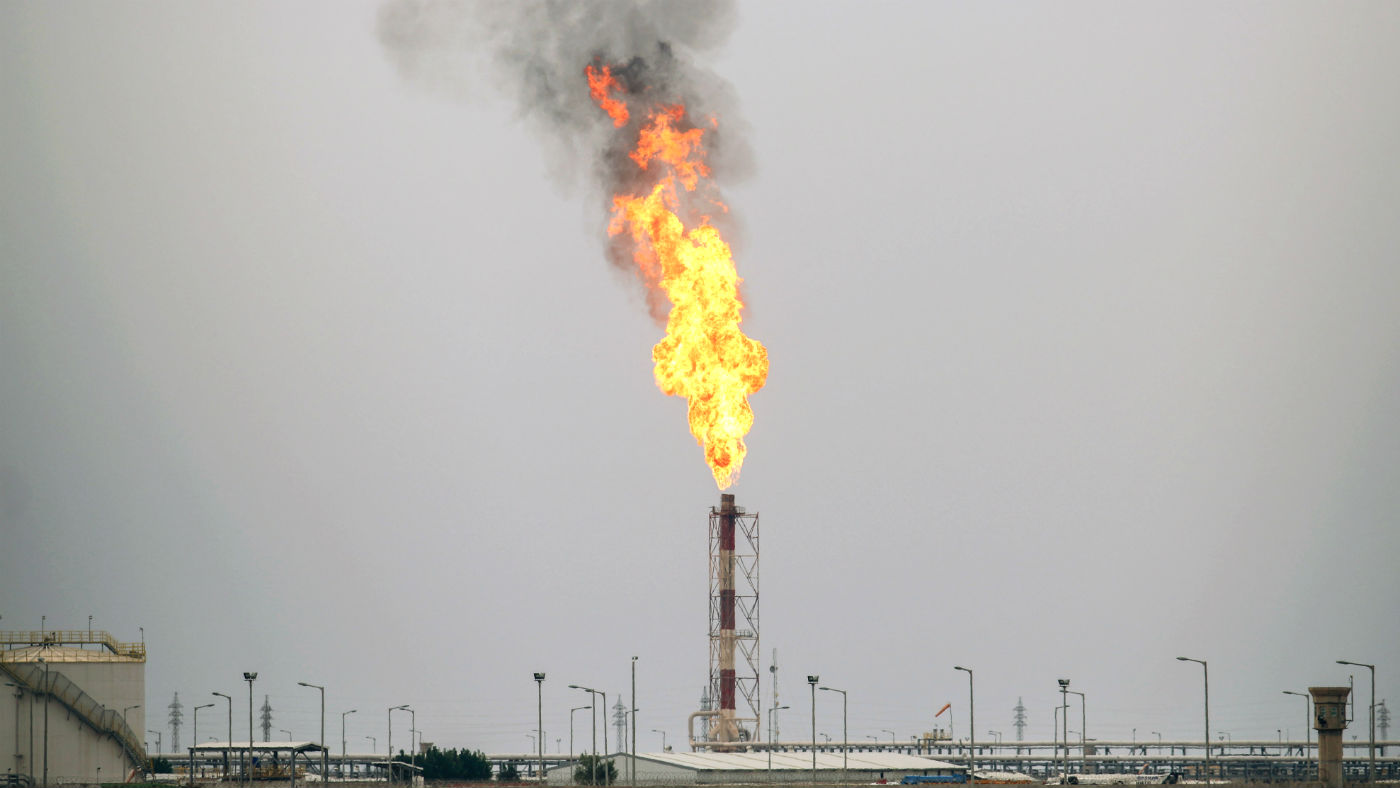Will Saudi Arabia boost oil production?
Iran urges Opec to honour output cut as Trump tweet sends prices plummeting

A free daily email with the biggest news stories of the day – and the best features from TheWeek.com
You are now subscribed
Your newsletter sign-up was successful
Oil prices fell back from a four-year high yesterday after Donald Trump signalled Saudi Arabia was planning to boost production by more than expected.
Last month, Opec, the cartel of oil-producing states, voted to increase production by up to a million barrels a day in a bid to keep spiralling oil prices steady.
However, fears that Trump had persuaded the Saudis to up production were stoked by a tweet which send oil markets tumbling.
The Week
Escape your echo chamber. Get the facts behind the news, plus analysis from multiple perspectives.

Sign up for The Week's Free Newsletters
From our morning news briefing to a weekly Good News Newsletter, get the best of The Week delivered directly to your inbox.
From our morning news briefing to a weekly Good News Newsletter, get the best of The Week delivered directly to your inbox.
This despite a senior Saudi official telling the The Wall Street Journal that no specific promise had been made over production, but rather assurances were given that the country had the capacity to meet demand. The White House also attempted to row back from Trump’s comments.
Rumours that Saudi Arabia could be willing to increase production by more than a million barrels a day drew a stinging rebuke from its regional rival Iran, which urged fellow Opec members to “refrain from any unilateral measures”, warning that they would undermine the unity of Opec.
The US decision to reimpose sanctions on Iran following its withdrawal from the 2015 nuclear deal could, however, prove problematic for the Trump administration which is looking to bring down oil prices.
The deteriorating political situation in Venezuela and Iran, where major oil ports have been shut due to an internal power struggle could also cut global production and further increase prices.
A free daily email with the biggest news stories of the day – and the best features from TheWeek.com
To this end, the New York Times says that “Saudi help in making up for lost Iranian crude oil will be crucial to Mr. Trump’s efforts to contain Iran while not forcing prices up too high to cause political damage in the United States”.
-
 Currencies: Why Trump wants a weak dollar
Currencies: Why Trump wants a weak dollarFeature The dollar has fallen 12% since Trump took office
-
 TikTok: New owners, same risks
TikTok: New owners, same risksFeature What are Larry Ellison’s plans for TikTok US?
-
 Trump wants a weaker dollar, but economists aren’t so sure
Trump wants a weaker dollar, but economists aren’t so sureTalking Points A weaker dollar can make imports more expensive but also boost gold
-
 Leadership: A conspicuous silence from CEOs
Leadership: A conspicuous silence from CEOsFeature CEOs were more vocal during Trump’s first term
-
 The end for central bank independence?
The end for central bank independence?The Explainer Trump’s war on the US Federal Reserve comes at a moment of global weakening in central bank authority
-
 Why Saudi Arabia is muscling in on the world of anime
Why Saudi Arabia is muscling in on the world of animeUnder the Radar The anime industry is the latest focus of the kingdom’s ‘soft power’ portfolio
-
 Can Trump make single-family homes affordable by banning big investors?
Can Trump make single-family homes affordable by banning big investors?Talking Points Wall Street takes the blame
-
 Phish food for thought: Ben & Jerry’s political turmoil
Phish food for thought: Ben & Jerry’s political turmoilIn the Spotlight War of words over brand activism threatens to ‘overshadow’ the big ice cream deal


